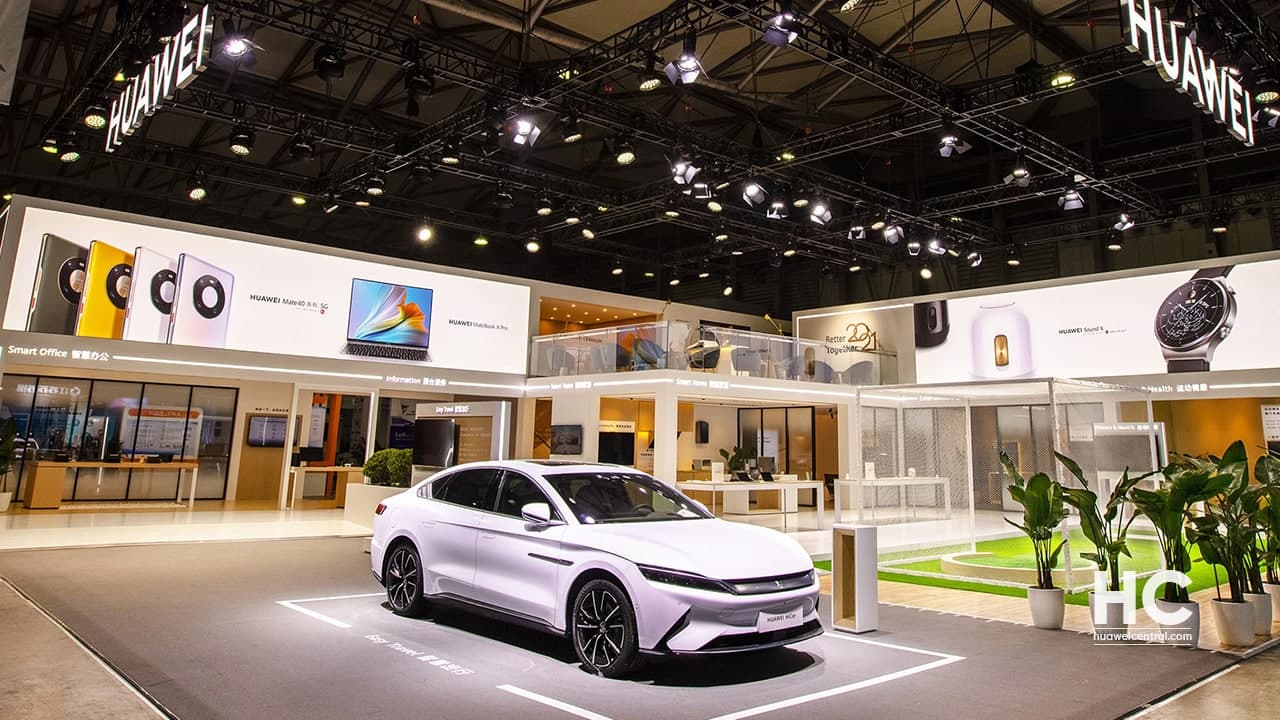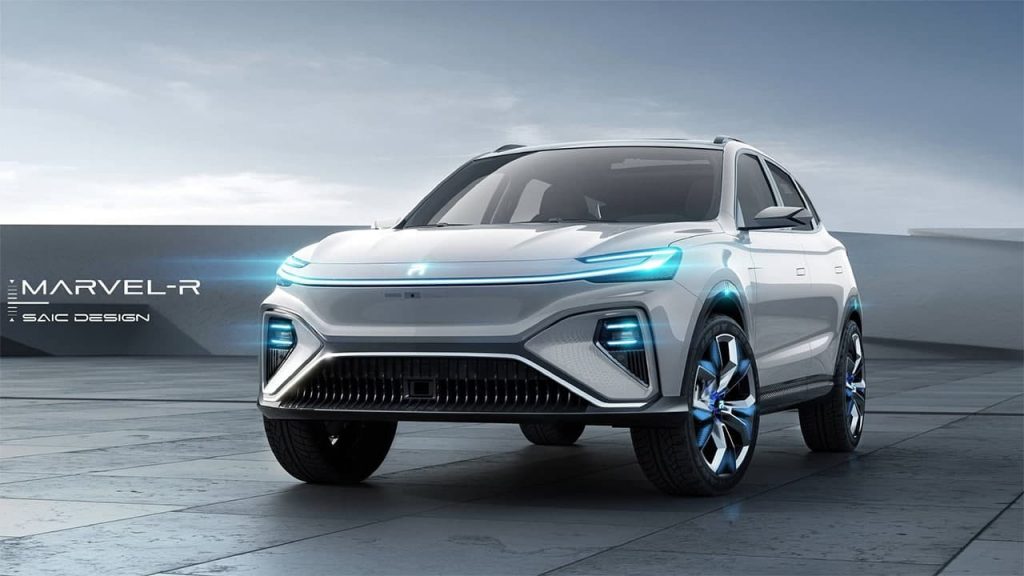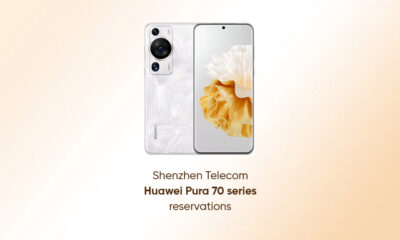News
Huawei denies report of making Electric Cars, says helps auto companies to build good cars

This month, Huawei patented for powertrain and electric vehicle technologies and charge one electric car from another. But, the company also highlighted Huawei’s long-standing “no-car” position and focus on ICT technology to help automakers build automobiles.
In the past, Xu Zhijun, Huawei’s rotating chairman publically said the Huawei doesn’t build cars but helps automobile companies build good cars and become intelligent networked cars as well as incremental component providers.
According to Reuters, Huawei is planning to launch some models of its own manufactured electric vehicle by this year. This could be a strategic shift, because of U.S sanctions over the national security threats.
People familiar with this matter said Huawei Technologies Co Ltd is in talks with state-owned Changan Automobile and other automakers to use their car plants to make its electric vehicles (EVs).
Adding to this, Huawei is also in discussions with Beijing-backed BAIC Group’s BluePark New Energy Technology to manufacture its EVs, said one of the two and a separate person with direct knowledge of the matter.
On this matter, a Huawei spokesman denied the company plans to design EVs or produce Huawei branded vehicles.
“Huawei is not a car manufacturer. However through ICT (information and communications technology), we aim to be a digital car-oriented and new-added components provider, enabling car OEMs (original equipment manufacturers) to build better vehicles.” (Huawei staff)
Another source says Richard Yu, head of Huawei’s consumer business group who led the company to become one of the world’s largest smartphone makers, will shift his focus to EVs, said one source. The EVs will target a mass-market segment.
However, Changan and BAIC BluePark declined to respond to this Electric Vehicle manufacturing matter.

GROWING EV MARKET
Chinese technology firms have been stepping up their focus on EVs in the world’s biggest market for such vehicles, as Beijing heavily promotes greener vehicles as a means of reducing chronic air pollution. Sales of new energy vehicles (NEVs), including pure battery electric vehicles as well as plug-in hybrid and hydrogen fuel cell vehicles, are expected to make up 20% of China’s overall annual auto sales by 2025.
Industry forecasts put China’s NEV sales at 1.8 million units this year, up from about 1.3 million in 2020. Huawei’s ambitious plans to make its own cars will see it join a raft of Asian tech companies that have made similar announcements in recent months, including Baidu Inc and Foxconn.
“The novel and complicated U.S. restrictions on semiconductors to Huawei have slowly been strangling the company,” said Dan Wang, a technology analyst with research firm Gavekal Dragonomics
So it makes sense that the company is pivoting to less chip-intensive industries in order to maintain operations. Aside from this, in the United States, Amazon.com Inc and Alphabet Inc are also developing auto-related technology or investing in smart-car startups.
Huawei has been developing a swathe of technologies for EVs for years including in-car software systems, sensors for automobiles, and 5G communications hardware. The company has also formed partnerships with automakers such as Daimler AG, General Motors Co, and SAIC Motor to jointly develop smart auto technologies. It has accelerated the hiring of engineers for auto-related technologies since 2018.
Huawei was awarded at least four patents related to EVs this week, including methods for charging between electric vehicles and for checking battery health, according to official Chinese patent records. Huawei’s push into the EV market is currently separate from a joint smart vehicle company it co-founded along with Changan and EV battery maker CATL in November, two of the sources said.







